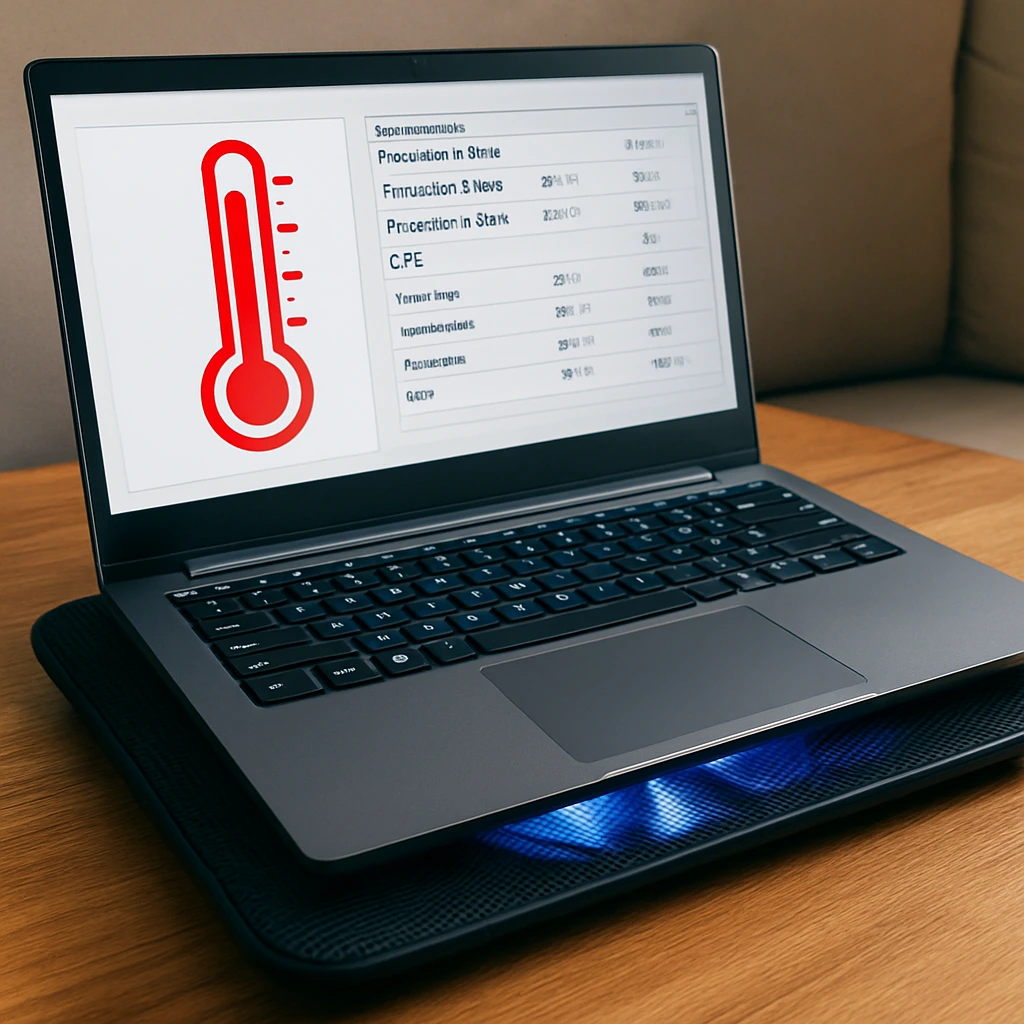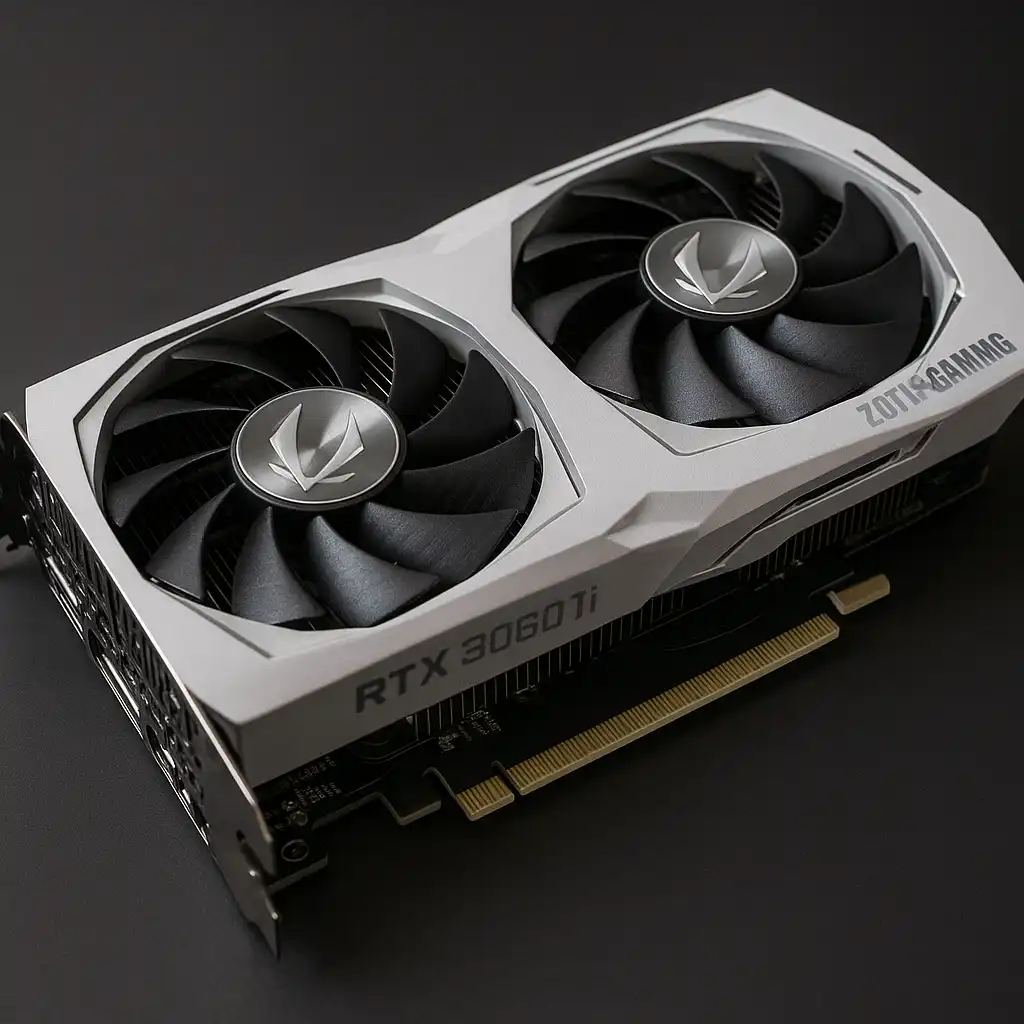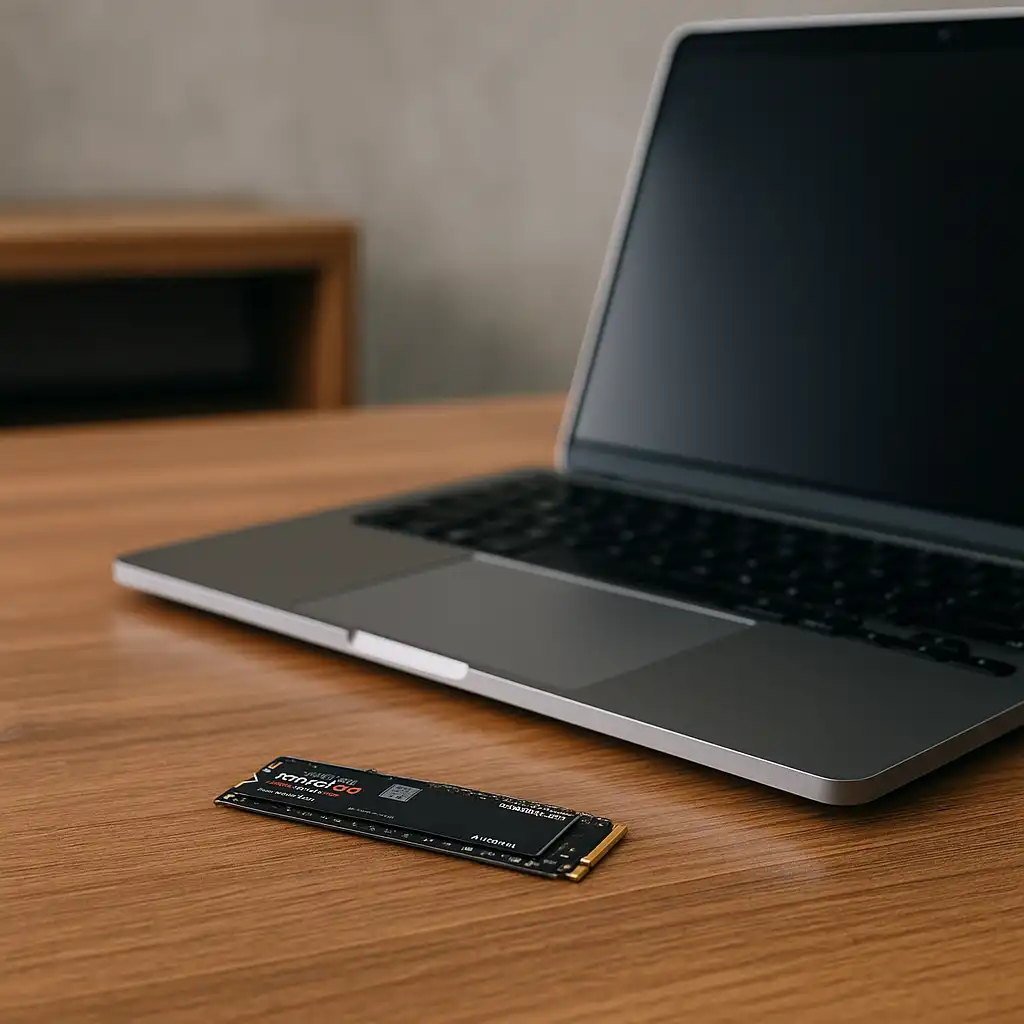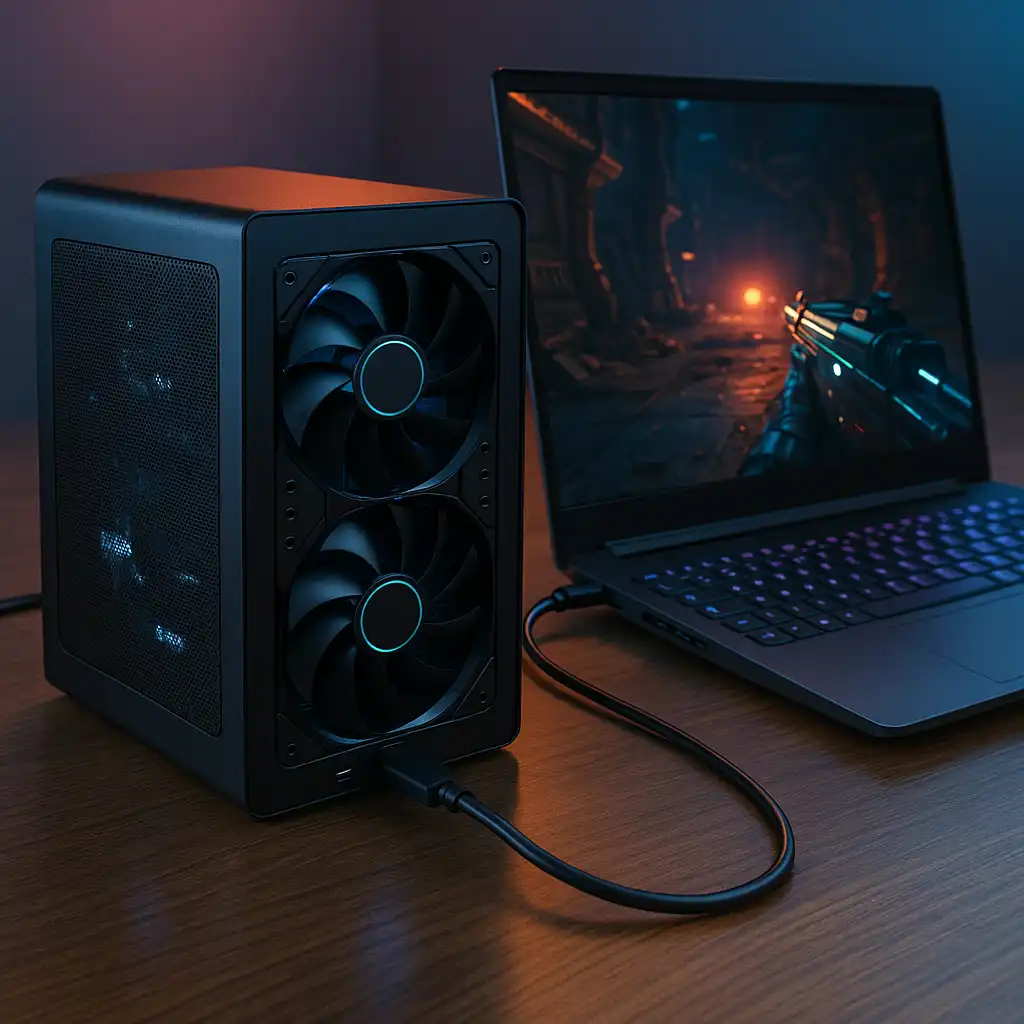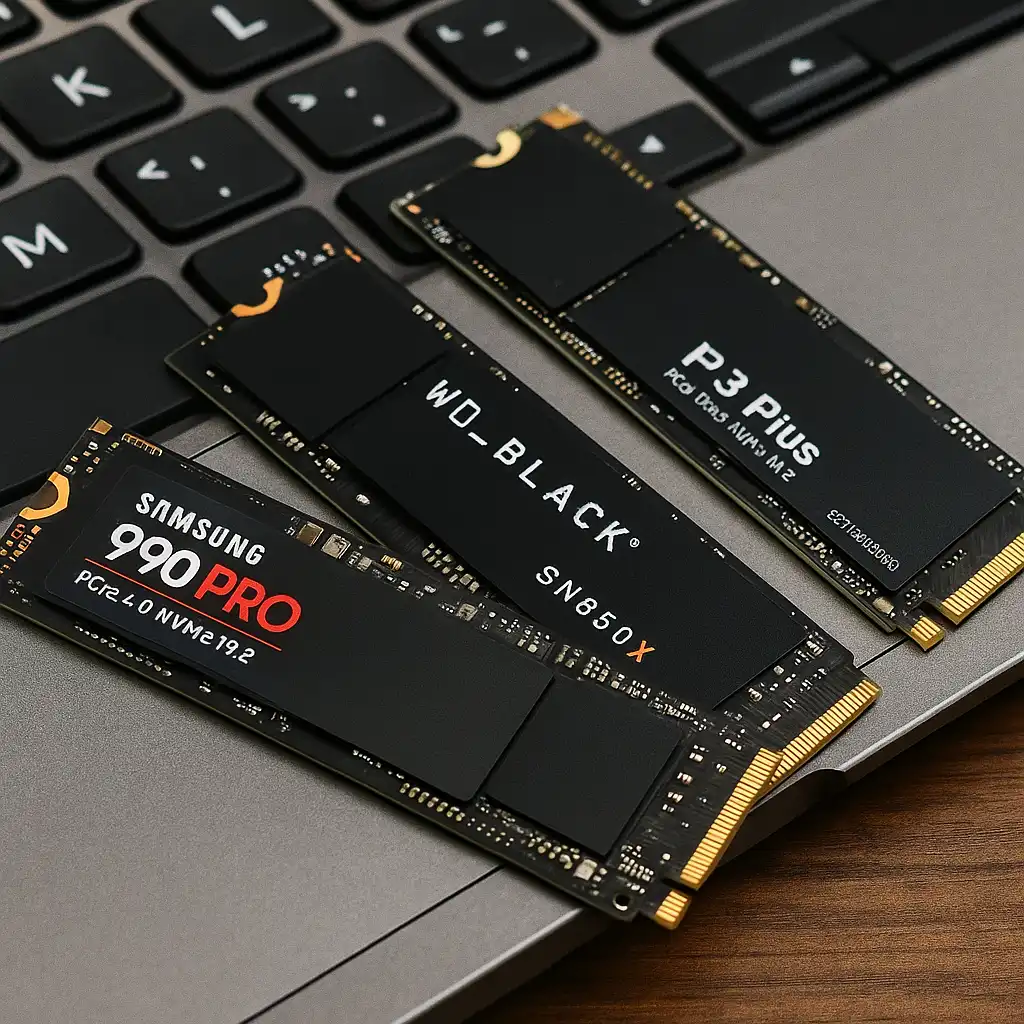How to Know If Your Laptop Is Overheating: Key Signs to Watch
Disclosure: This post contains affiliate links. LaptopVoyager.com participates in the Amazon Associates Program and may earn commissions on qualifying purchases, at no extra cost to you.
Last Updated: July 28, 2025
A hot laptop isn’t just uncomfortable—it can slow down your work, damage internal parts, or even shorten your device’s lifespan. The good news? Once you know what to look for, it’s easy to catch the signs early and keep things cool.
Signs Your Laptop Might Be Overheating
You’ll usually feel the heat—literally. If your laptop’s bottom is hot to the touch, or the fan sounds like a jet engine, it’s probably working overtime to cool itself down. Performance hiccups like slow loading times, sudden freezes, or surprise shutdowns are all red flags, too.
Many users also notice reduced battery life or the keyboard getting warm during light use. These are classic signs that your system might be struggling to manage internal temperatures—often due to dust buildup or worn-out thermal paste.
Quick Ways to Cool Things Down
First things first: place your laptop on a firm, flat surface. Soft spots like beds or couches block airflow, making the problem worse. Even propping it up a bit in the back can make a difference.
Close out unused apps, clear browser tabs, and give those vents a blast with some compressed air. That alone can help more than you’d expect. For gamers or power users, adding a laptop cooling pad is a smart move—you’ll appreciate the extra airflow when things get intense.
Repair Options and Monitoring Tools
Still running hot? Try a free tool like Core Temp or HWMonitor to get a clear view of your laptop’s CPU and GPU temps. These apps can show you whether your system is just running warm—or dangerously close to overheating.
If the numbers stay high, even when idle, you might be dealing with a worn-out fan or thermal paste that’s past its prime. A repair shop can take care of this, and the fix is usually affordable. For many laptops, especially those 2–3 years old, this kind of maintenance goes a long way.
When an Upgrade Makes Sense
Sometimes it’s not you—it’s the laptop. Some older models or budget builds just aren’t designed for high performance or sustained heat loads. If you’re constantly battling overheating, and repairs haven’t helped, it may be time to look at something newer.
Modern laptops are better at managing heat, with smarter chips, improved ventilation, and power-efficient designs. If you’ve outgrown your current setup, an upgrade might actually save you money in the long run—especially if you rely on your laptop daily for work or school.
Conclusion
Knowing how to tell if your laptop is overheating helps you catch problems before they turn into real damage. Pay attention to fan noise, system lag, and heat levels—then take action. Whether it’s a quick vent cleaning, a cooling pad, or even a hardware refresh, keeping your laptop cool keeps it working longer and better.

